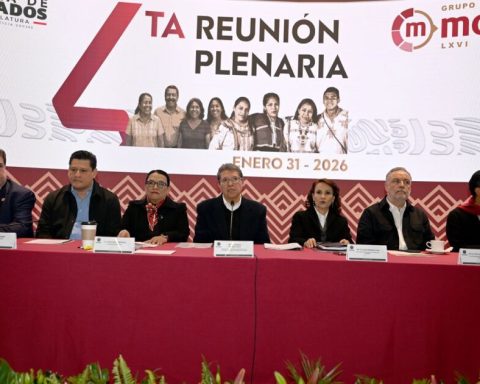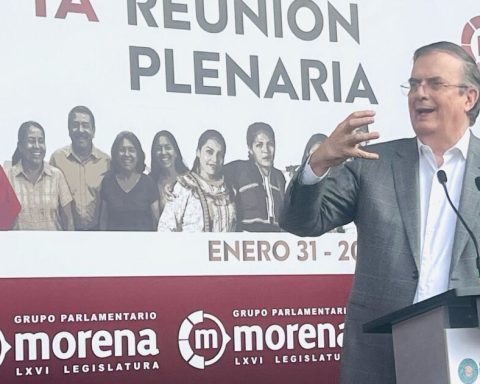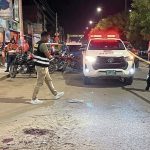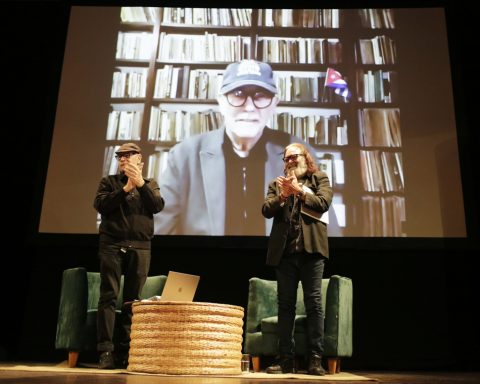To understand education in a current context, we must understand the great loss we have suffered, since we are facing the consequence of one of the worst tragedies of humanity in the current era: the pandemic. As a result of this, education necessarily has to rethink itself or it will continue to lose strength in the face of the challenges it faces, to survive in a modern, digital and globalized context.
Quality basic education must understand that more than educating, it can develop the human potential of students with the idea of integrating technology, coupled with the fact that pedagogy must be changed; that is, integrate technology in another way. We must start from the premise of not returning to the traditional system of seeing the teacher’s back and receiving dictation. We have the responsibility to start with active, experiential and experiential learning that connects and develops new skills.
Before the pandemic we did not dare to question the educational system, until education entered our house and we realized the difficulty and challenges that the system faces both for students, teachers and managers; that is why it is vital not to return to March 2020 and continue to evolve.
According to The Economist newspaper, we live in a time where children and young people carry out many of their activities through an app: they meditate, play, exercise, watch movies or series, read and learn new things. On the other hand, the use of technology in education is prohibited in schools.
We must consider educating according to the times in which we live using the new technologies that we have at hand. Many of these applications that children and young people live with teach them about inclusion, disability, gender equality; they live daily with frustration and failure, with collaboration and practice (virtual) teamwork, principles that are required in education since they are formative for working life. Without technology we will not be able to advance at the pace we need to close gaps.
For this reason, some institutions, including ICEL University, have already worked on educational strategies to maintain their leadership and face the continuous and rapid changes that are being generated in education. These are some of the most relevant strategies that have been adapted in the world:
- Education oriented to labor needs. Technology can allow higher education institutions to serve more flexibly. For this reason, many institutions have decided to make changes in the study plans, in such a way that more practice can be done and based on what the current labor market requires in attitude and aptitude of the graduates, in addition to knowing how to use information technologies. native way.
- A hybrid and online learning. ICEL University has opted for LiveStreaming education, a model based on online and face-to-face teaching-learning, that is, hybrid to support the needs not only of learning but also of the economy and social development of students. ICEL plans to include a variety of scenarios, such as flexible hours to 100% distributed work environments through LiveStreaming as well as the Online campus.
- Institutional resilience growth. For the International Organization for Standardization (ISO), institutional resilience is “the capacity of an institution to absorb and adapt in a changing environment to enable it to meet its objectives, survive and prosper”. Institutions must further develop these skills to prosper and offer students an education according to the realities in which they live.
- The world changed and education too. This change has become more aware since the pandemic, however, it was only a pretext, since education had required it for a long time. It is for this reason that ICEL University, together with a series of highly prestigious institutions, undertook to generate a solution that would allow any student to join classes without risks or barriers.
- “Thus they created an immersive learning experience, where through the use of technology located within the classroom, the student has the freedom to be included wherever they are; thus developing an educational option in a safe format”.
* Carlos Camacho Rangel is a communication specialist at ICEL University.














